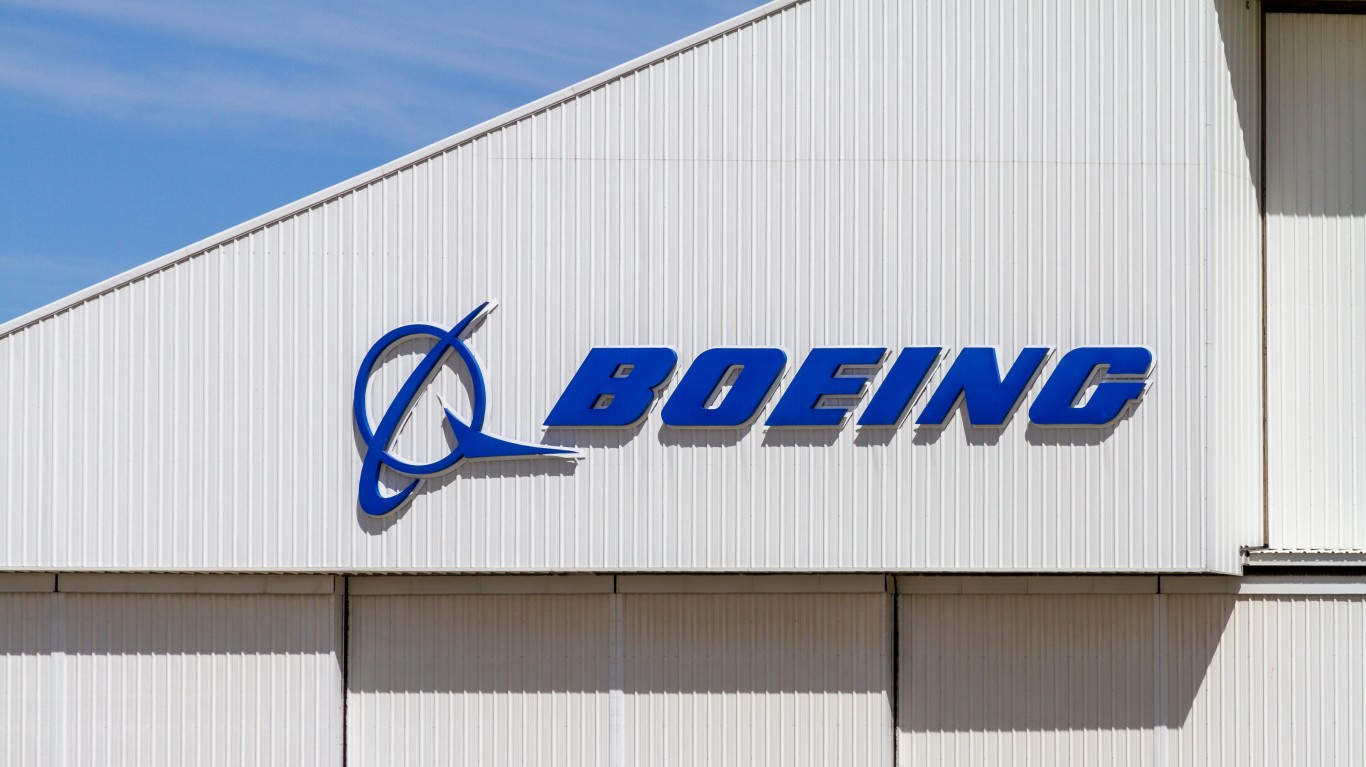
Even before COVID-19 began its rampage across the United States, Boeing Co. (NYSE: BA) had plenty of trouble. On Wednesday, the company’s plant in South Carolina reported its first confirmed case of COVID-19. At that point, 32 Boeing employees had tested positive for the disease, most in Washington where more than half of the company’s 161,000 employees work. One Everett, Washington, employee has died after contracting the virus.
On Thursday morning, CEO Dave Calhoun sent an email to all Boeing employees announcing a voluntary layoff plan for eligible employees “who want to exit the company … with a pay and benefits package.” In the next sentence, Calhoun noted, “This move aims to reduce the need for other workforce actions.” Eligible Boeing workers might want to read that second sentence carefully.
In the announcement, Calhoun said that the company would provide more information in three or four weeks on the benefits of the voluntary layoff plan, identify eligible employees and explain how the program works.
Boeing ultimately has no choice at this point except to cut expenses everywhere it can. The 737 Max has still not been recertified after being grounded in March of 2019, the company keeps running into trouble with its KC-49 tanker program for the U.S. Air Force, and borrowing is going to get more difficult to arrange and more expensive.
Since February of 2019, Boeing stock has lost 70% of its value. Boeing already has suspended its dividend, halted its stock buybacks and replaced former CEO Dennis Muilenburg with Calhoun, who had been the company’s lead independent director and a member of Boeing’s board since 2009.
In its January earnings report, the company said it had received $25.4 billion in new borrowing during 2019. Cash on hand from financing activities of $5.74 billion brought net cash on hand to $9.5 billion, excluding restricted cash. Operating cash flow plunged from $15.3 billion in 2018 to a negative $2.4 billion in 2019. Boeing could survive for a while, but survival is not good enough for what was one of the country’s top manufacturers and its top source of export dollars.
Calhoun said that Boeing was in “uncharted waters” and added:
We’re taking actions — including offering this [voluntary layoff] plan — based on what we know today. They will bridge us to recovery as long as we’re not confronted with more unexpected challenges. I can’t predict with certainty what the next few months will bring, but I can commit to being honest about what’s happening and doing everything we can to protect our people and our business through this crisis.
Boeing stock traded down about 3% early Thursday at $126.81, after dropping more than 12% on Wednesday. The stock’s 52-week range is $89.00 to $398.66, and the consensus price target is $182.17.
Take Charge of Your Retirement In Just A Few Minutes (Sponsor)
Retirement planning doesn’t have to feel overwhelming. The key is finding expert guidance—and SmartAsset’s simple quiz makes it easier than ever for you to connect with a vetted financial advisor.
Here’s how it works:
- Answer a Few Simple Questions. Tell us a bit about your goals and preferences—it only takes a few minutes!
- Get Matched with Vetted Advisors Our smart tool matches you with up to three pre-screened, vetted advisors who serve your area and are held to a fiduciary standard to act in your best interests. Click here to begin
- Choose Your Fit Review their profiles, schedule an introductory call (or meet in person), and select the advisor who feel is right for you.
Why wait? Start building the retirement you’ve always dreamed of. Click here to get started today!
Thank you for reading! Have some feedback for us?
Contact the 24/7 Wall St. editorial team.
